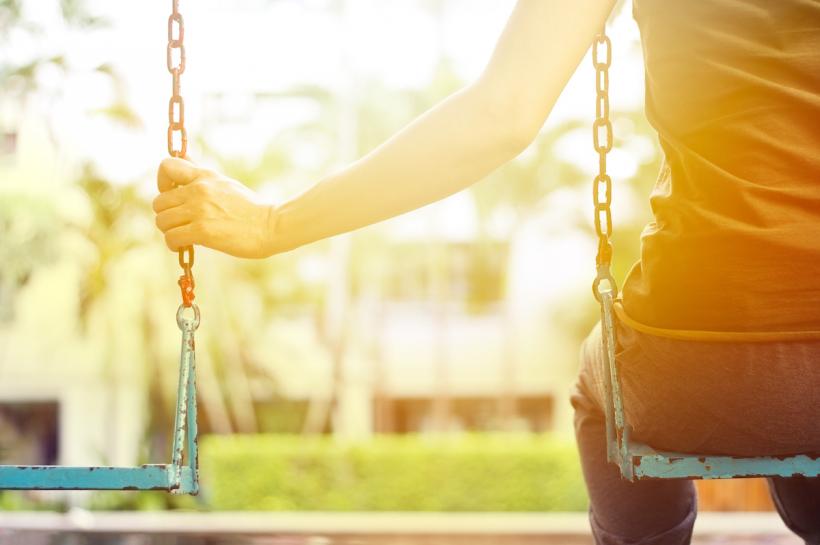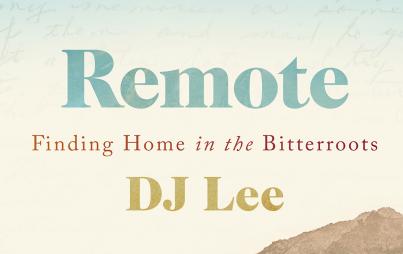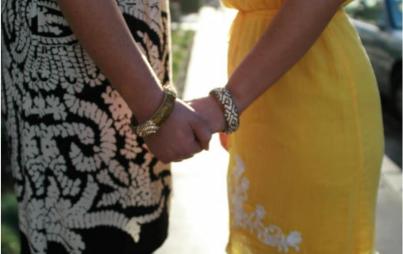
The pain of miscarriage lingers every single day.
Two years ago, my life looked very different than it does today. I was a mother to a toothy little girl who ran around like the maniac that toddlers are wont to be — she, intent on depleting every last ounce of energy I had to give, and I, pregnant with her first sibling.
Elated as I was over this pregnancy, it certainly wasn’t one that allowed me the luxury of tracking that growing baby’s progress. Anyone who’s weathered a pregnancy with a toddler in tow can tell you that tracking progress using little pieces of fruit falls quickly by the wayside. I was knee-deep in mushy vegetables and dirty diapers, more invested in keeping kitty litter out of my daughter’s fists and mouth than I was in scrolling around on the Internet and daydreaming about my little grape-sized baby.
My body was going to have to handle this pregnancy on its own while my mind concentrated on staying awake during those key daylight hours, and on willing my small child to please for the love of God go to sleep during those desperately dark hours of the night.
My body didn’t quite do its job, though. Just as I was coming up to the end of my first trimester, I lost that child that would’ve been my second-born. And not a day has gone by since that I haven’t devoted some part of my thinking to that person — to who he or she would’ve been, to how they’d have added to our family, and to what a gift that life would’ve been to my own.
When I’m out by myself, I oddly and irrationally assume mothers think the worst of me, or worse, perhaps, that they think I don’t know. That because I’m alone and weightless that I must have no idea what path they walk down. I want to kneel at their feet and weep; I want to say that I do know — but that I know only once over.
I can tell myself a thousand times outright that the loss of my child wasn’t my fault, that the end was already written, that that baby wasn’t earthbound to begin with — but it will not stop me from feeling as though I’ve failed. Miscarriage is common, we’re told. I know, I reply; I believe this inherently. But I can’t stop.
My grief holds my body in contempt.
I often wonder to myself whether other mothers of loss feel their grief in any of the same manners that I do. I know that grief is not linear, of course — that it takes on various shapes and fluctuating levels of intensity on any given day. But, I ask myself, do they feel that pain as deeply as me? Do they venture deep within their heads and their hearts, letting their grief permeate their very being?
When a bereaved mother is left alone, how deep into the recesses of her mind does she wander? Does she surface for air? Does she want to come out at all? Does the stagnant grief that clouds her mind keep her trapped in her own upside down?
And what path does she start down at daybreak? Does she wade through the forest of her grief with the same intensity when she’s alone as she does when she’s surrounded by others?
Pregnant bellies walk by me on the street, and I have to remind myself to think gentle thoughts so that my jealous nature doesn’t take over. No pregnant woman deserves my “It’s Not Fair” banner floating above her head, flashing arrows pointing blatantly at her swollen belly.
When I’m out by myself, I oddly and irrationally assume mothers think the worst of me, or worse, perhaps, that they think I don’t know. That because I’m alone and weightless that I must have no idea what path they walk down. I want to kneel at their feet and weep; I want to say that I do know — but that I know only once over, that I don’t know what it’s like to have two children. I want to hold their faces and their hearts in my hand and remind them how blessed they are to know that burden and that blessing.
I want the opportunity for more, but that choice is not mine to make. I can try for a third pregnancy and a second birth in perpetuity, but a diagnosis of secondary infertility dictates that everything I want is everything I’ll never have. I want the chance to weather those unintelligible cries. I want those first steps, that first word, those tiny tooth buds. I want swirls of clouded thoughts guided by uncontrollable hormones. I want all of it. But I get none; I get the blaring reminder instead that my future was never mine to mold.
So I rework my life. I change my line of thinking. There’s nothing about doing this that comes naturally to me, but I resolve to forge a new path. I seek out the good, and I bask in what light I step into. I work to forgive my body for its failure, and I revel instead in what power it has. I celebrate all it has done for me, and I practice gratitude for the blessings and the freedoms bestowed upon me, in spite of all that I’m missing.
My grief will undoubtedly always remain, and the contempt I have for my body’s shortcomings may always lurk just out of sight. But while out of mind it may never be, I know at the very least that it serves as a tether that links me to the broken hearts that beat feebly in my midst.








